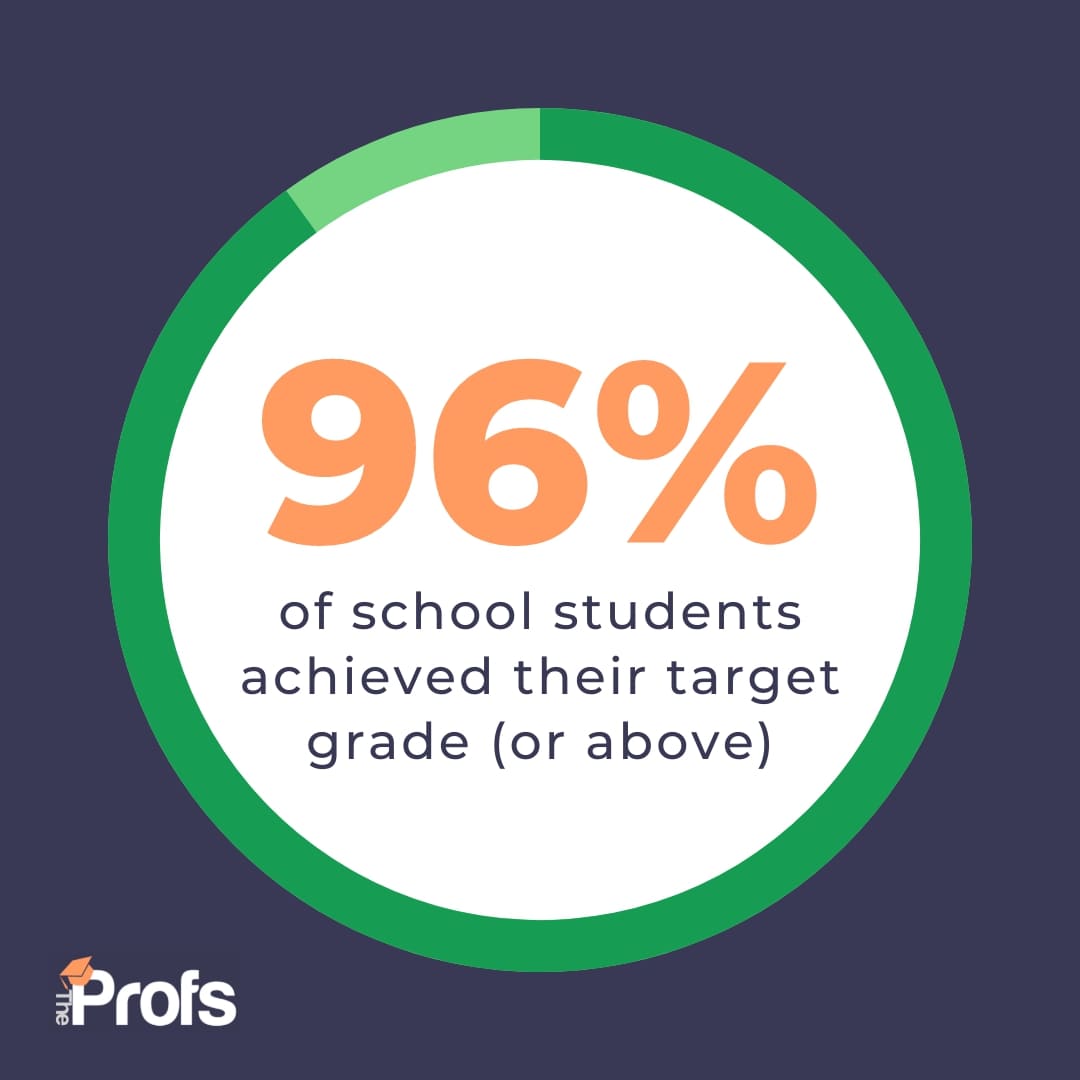Become A Private Tutor - Who can apply to be a tutor with The Profs? What we are looking for
We look for online tutors across all subjects, serving all age groups and levels of study, from Primary school up to Professional credentials. The Profs is a worldwide platform, collaborating with tutors and scholars worldwide. Here's what we value in our online tutors:
- Relevant Academic Background: A degree that aligns with the area you intend to tutor, such as online become a private tutor tutors | online become a private tutor tutoring | become a private tutor tutor | online become a private tutor tutor | become a private tutor tutoring | become a private tutor tuition | online become a private tutor tuition . Teaching qualifications aren't required, but they will greatly improve your application.
- Relevant Teaching Experience: Ideally as a teacher. We infrequently accept applications from undergraduates lacking prior teaching experience.
- Online Teaching Experience: Knowledge of remote online tutoring platforms, VLEs, online whiteboards, etcetera is not required, but considering the unique demands of online teaching, previous experience is valued.
- Subject Demand: The demand for remote tutoring is often focused on sciences, technology, engineering, maths, social sciences, languages, humanities, professional qualifications, entrance tests, and aptitude tests. Subjects like economics and computer science are consistently sought after, while languages and humanities may have a relative excess of supply.
- Personalised Approach: Tutoring with The Profs is more than lecturing or classroom teaching. It's about 1:1 interaction, tailoring, and building a relationship. Emotional intelligence is as vital as raw intelligence in tutoring!
- Professionalism and Competence: Being experienced, constructive, proactive, approachable, and competent is crucial. In short, we look for expertise in our tutors.
We will only ask individuals to interview if we think their skills will be truly utilised on The Profs' platform. If you possess these qualities and are keen on making a difference in the lives of students, we invite you to consider opportunities with The Profs. You might need a: to become, guides, to charge, community, many students, plan, london, relevant, study, becoming, show, hours, advertising, rules, follow, responsibilities, source, days, essay, as many, protecting, skill, media, week, maintain, read, keep, languages, between, useful, weekends, skype, new, postgraduate, important, might, to date, financial, skills, japanese, popular, started, already, prepared, prospects, cost, piano, geology, advertise, materials, evenings, disclosure and barring, simple, assessment tax, assessment tax return, resources, finance, to factor, language, grow, identify where, tax, open, python, matlab, scotland, costs, tips, research, travelling, standard, bank, guitar tutors, structure, sign, takes, date, different, privately, it's important, receive, either, trading, start, member, careers, growing, arabic, level, after, shows, paid, to plan, could, private tutoring, gcse, agencies, university, disclosure, legal, patience, including, vacancies, make, employed, ask, think, example, to keep, barring, piano tutors, gain, criminal record check, record check, to help, money, main, city, receiving, to register, job, looking, levels, guitar, career.
become a private tutor tuition Tuition is priced according to the following levels:
School Tutoring: Professional help from a tutor for those who need to achieve better grades at school. The cost begins at £60 per hour + £70 Registration fee.
Undergraduate Tutoring: An expert tutor with many years of experience in the university system. Prices start at £75/hour + £70 Registration fee.
Postgraduate Tutoring: An experienced tutor who is a true authority in their subject. The cost begins at £90 per hour + £70 Registration fee.
Professional Tutoring: A top-notch tutor with experience in helping students pass professional qualifications. The cost begins at £105 per hour + £70 Registration fee.
Specialist Tutoring: Tutors with an exemplary track record of helping students get outstanding results. These tutors come from the world's most prestigious universities. The cost begins at £120 per hour + £70 Registration fee.
Applications Support: Our admissions tutors have a proven track record of helping students receive offers from top universities. They have typically worked in the universities admissions field themselves. The cost begins at £150 per hour.
The cost range is dependent on the become a private tutor tuition tutors' experience and expertise and the academic level of the student.
What is the cost of an online become a private tutor tuition tutoring an hour, in London?
The cost is approximately £60 to £150 per hr, based on the become a private tutor tuition tutor's expertise and the level of study of the students. This is higher than other areas in the UK due to the higher cost of living that comes from the living costs in London. You may want a: to become, guides, to charge, community, many students, plan, london, relevant, study, becoming, show, hours, advertising, rules, follow, responsibilities, source, days, essay, as many, protecting, skill, media, week, maintain, read, keep, languages, between, useful, weekends, skype, new, postgraduate, important, might, to date, financial, skills, japanese, popular, started, already, prepared, prospects, cost, piano, geology, advertise, materials, evenings, disclosure and barring, simple, assessment tax, assessment tax return, resources, finance, to factor, language, grow, identify where, tax, open, python, matlab, scotland, costs, tips, research, travelling, standard, bank, guitar tutors, structure, sign, takes, date, different, privately, it's important, receive, either, trading, start, member, careers, growing, arabic, level, after, shows, paid, to plan, could, private tutoring, gcse, agencies, university, disclosure, legal, patience, including, vacancies, make, employed, ask, think, example, to keep, barring, piano tutors, gain, criminal record check, record check, to help, money, main, city, receiving, to register, job, looking, levels, guitar, career.


